



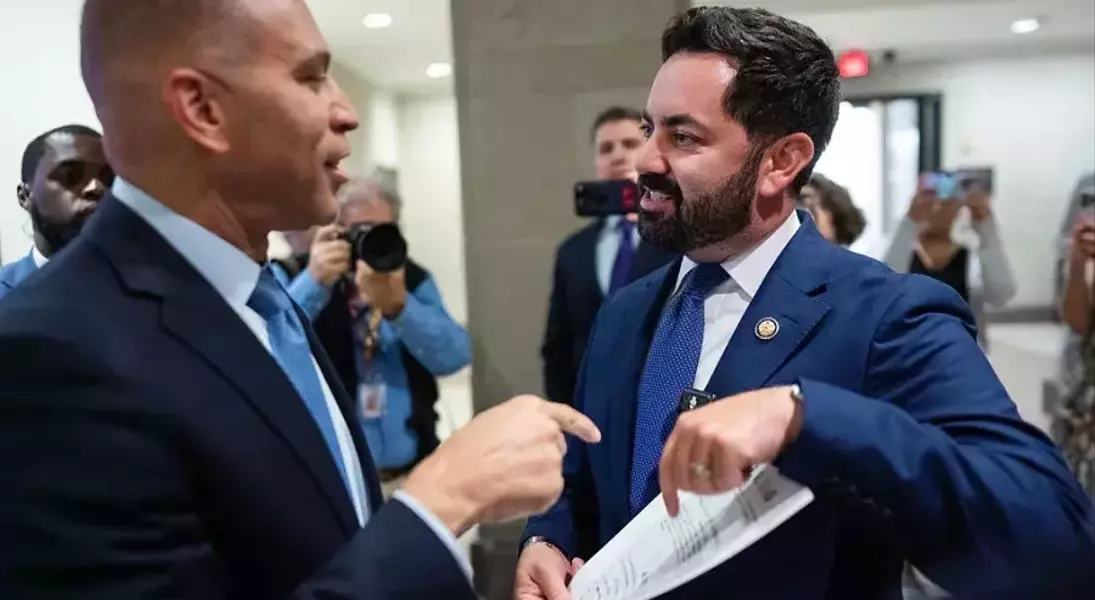

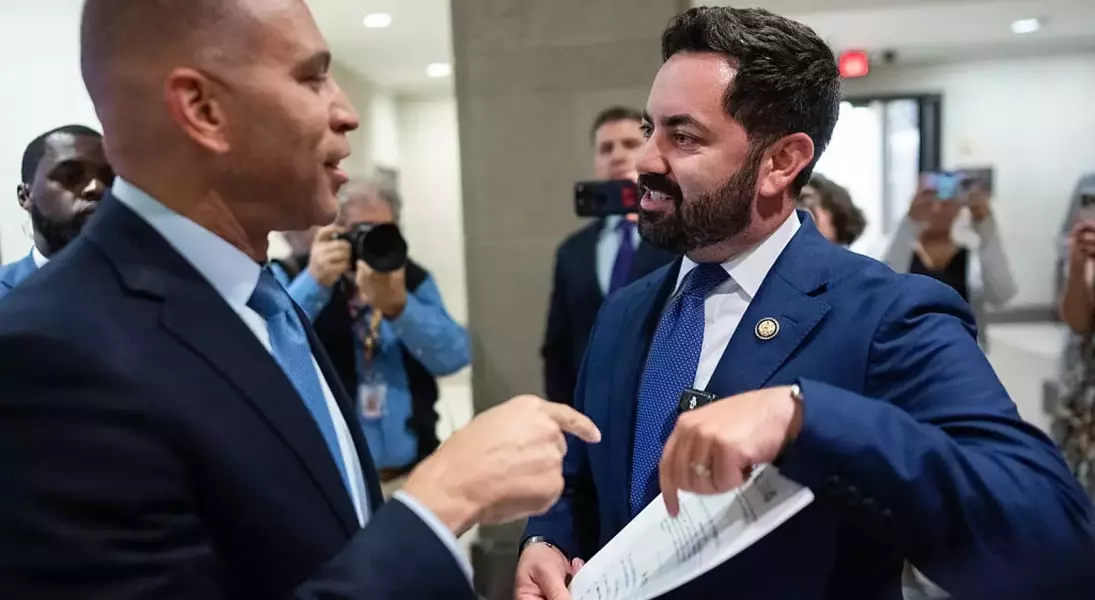
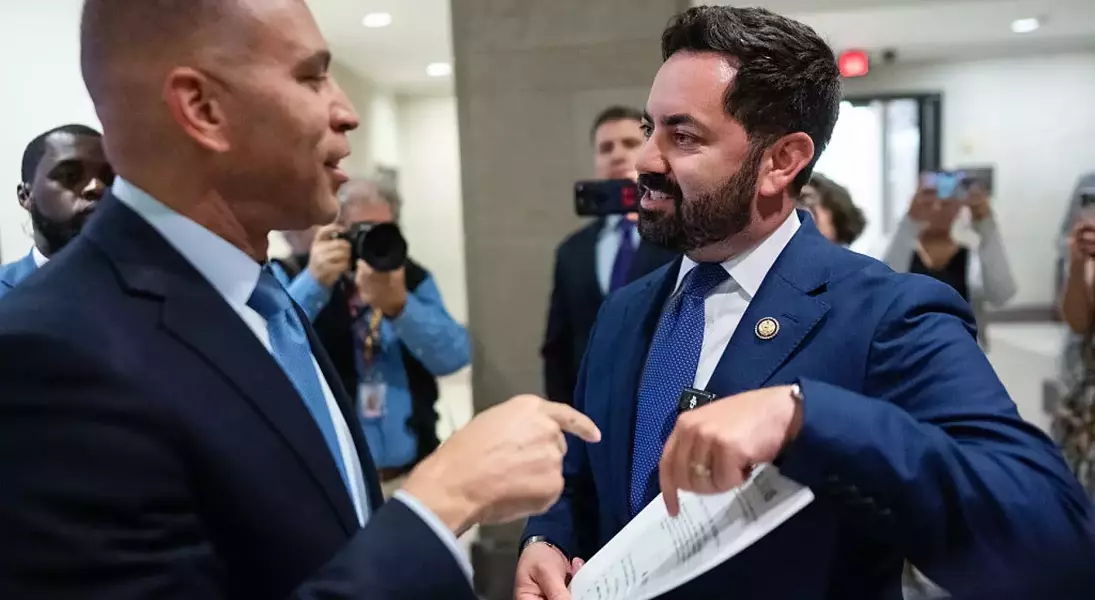





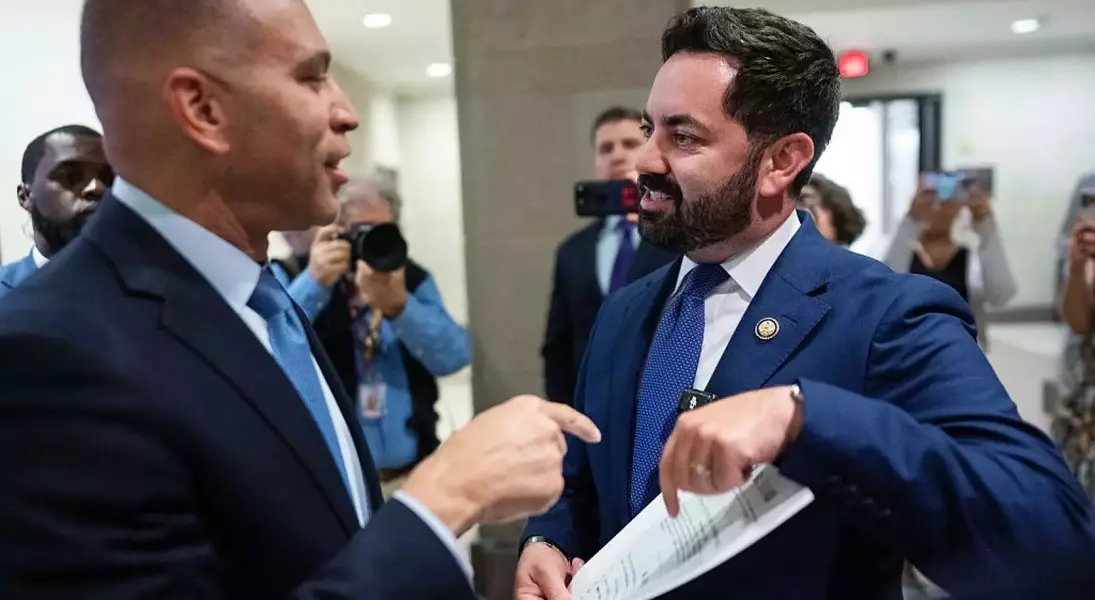
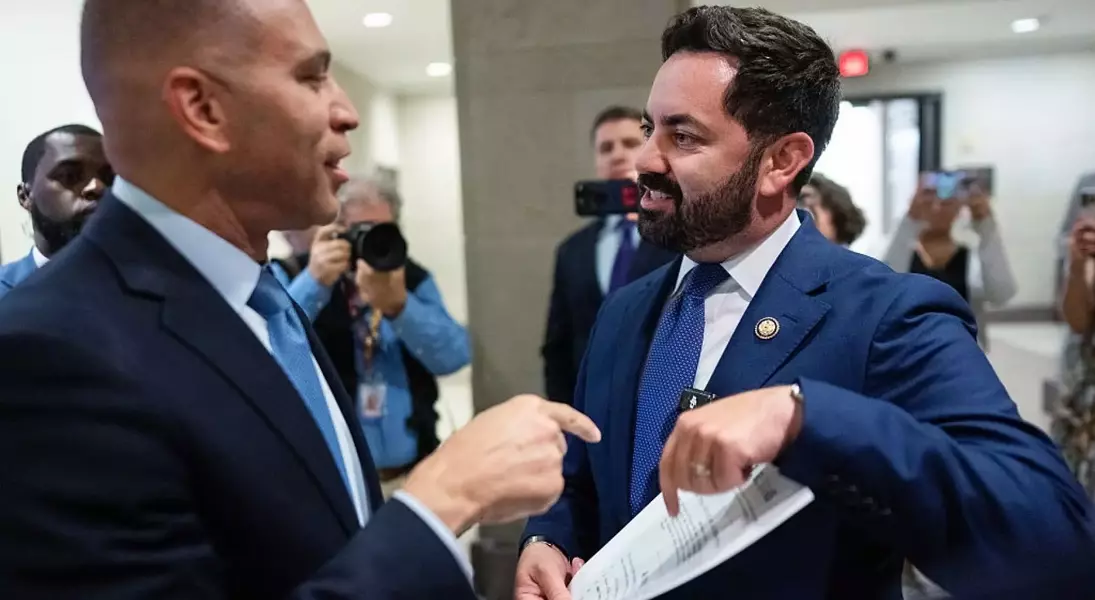


Ensuring Access: The Battle for Affordable Health Coverage Continues
Public Opinion Strongly Favors Continuing Financial Assistance for Health Plans
Recent surveys indicate widespread public support for extending the enhanced tax credits under the Affordable Care Act. A KFF poll revealed that a substantial majority, including members from across the political spectrum, believe Congress should prolong these premium subsidies beyond their current expiration. Similar findings from other polls underscore a broad consensus that people should not lose their health insurance, even among voters with no direct ties to these plans.
The Imminent Need for Action: Open Enrollment Approaches
There's a growing urgency to address the subsidy extension, primarily due to the approaching open enrollment period on November 1st. State insurance officials, including North Dakota's Republican commissioner Jon Godfread, emphasize the critical need for prompt legislative action. He notes that if Congress fails to extend the subsidies before this deadline, consumers might encounter significantly higher premium estimates when shopping for plans, potentially deterring them from enrolling, even if extensions are enacted later.
Anticipated Surge in Health Care Premiums for the Upcoming Year
Health insurers have already calculated their 2026 rates, taking into account both escalating health care costs and the possibility of subsidy expiration. Analysis from KFF researchers suggests that if these enhanced tax credits are not renewed, many consumers could see their premium payments more than double. Such a drastic increase might compel individuals to forgo insurance coverage, with the Congressional Budget Office projecting that millions could become uninsured in the coming years without these vital financial aids.
Geographical Impact: Subsidies Crucial for States that Supported Trump
A notable aspect of the ACA marketplace enrollment is its demographic spread. KFF data indicates that a majority of enrollees reside in states that voted for former President Trump in 2024. These individuals often work for small businesses or in the gig economy, lacking employer-sponsored coverage. The significant growth in enrollment in several Southern states highlights the broad reliance on these subsidies across diverse political landscapes.
The Financial Implications of Sustaining Government Health Subsidies
While beneficial for consumers, maintaining these subsidies represents a substantial financial commitment for the federal government. Projections from the Congressional Budget Office estimate that a permanent extension would cost hundreds of billions over the next decade. Conservative organizations argue that these enhanced tax credits were designed as a temporary measure during the pandemic and that their continuation could worsen rising health care expenses. However, supporters contend that while discussions about overall health care costs are important, ensuring immediate access to affordable care through these subsidies is paramount.
